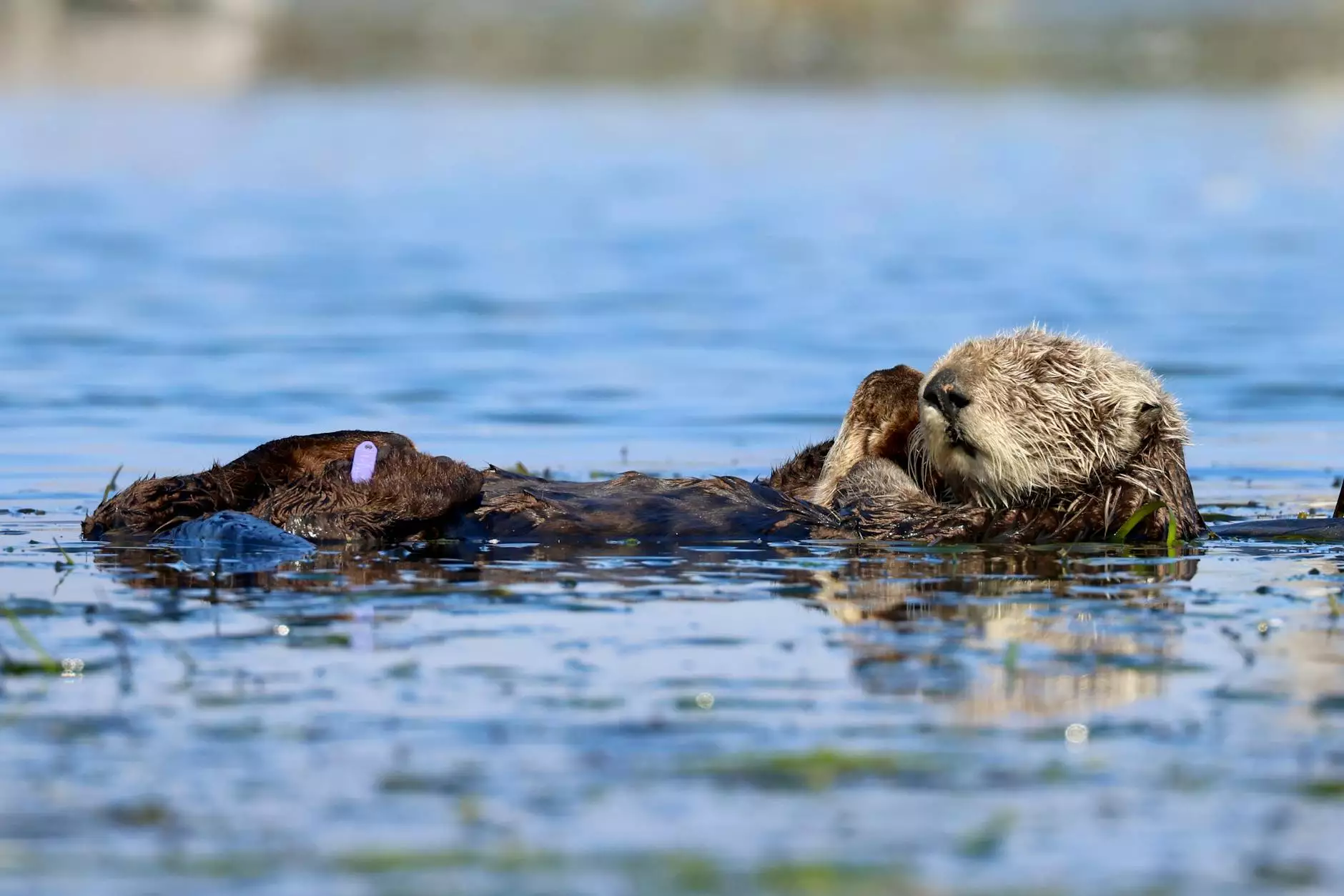How to Get a Hunting License: A Comprehensive Guide

Obtaining a hunting license is an essential step for anyone looking to take part in this fulfilling and often exhilarating outdoor activity. This article aims to provide you with a thorough understanding of how to get a hunting license, its benefits, and everything else you need to know to ensure a successful and enjoyable hunting experience.
Understanding the Importance of a Hunting License
A hunting license is not just a piece of paper; it is a vital requirement that signifies your responsibility as a hunter. Here are several reasons why obtaining a hunting license is crucial:
- Legal Requirement: In most regions, having a valid hunting license is a legal requirement to hunt various species. It helps in the conservation of wildlife.
- Safety and Knowledge: The process of getting licensed often involves completing a hunter safety course, which equips you with the necessary skills and knowledge for safe hunting practices.
- Conservation Efforts: The fees generated from hunting licenses contribute to wildlife conservation and habitat restoration initiatives, ensuring that future generations can enjoy natural resources.
The Process to Get a Hunting License
The journey to acquire a hunting license can vary depending on your location. However, most places follow a similar set of steps. Below is an outlined process that you can generally expect:
1. Determine the Type of License You Need
Before proceeding, it's important to know that there are different types of hunting licenses available. They may differ based on:
- Game Species: Licenses can be specific to bird hunting, big game hunting, etc.
- Season: Some licenses are valid for specific hunting seasons.
2. Research Local Laws and Regulations
Each state or country has its own regulations regarding hunting. It's essential to research the following:
- The legal hunting age.
- Specific hunting zones.
- Seasonal dates and restrictions.
3. Complete a Hunter Safety Course
Many regions require prospective hunters to complete a hunter safety education course before they can obtain a license. This course typically includes:
- Firearm safety and handling.
- Hunting ethics and responsibility.
- Wildlife conservation principles.
4. Gather Required Documents
Typically, you will need to collect certain documents, such as:
- A valid form of identification.
- Proof of residency.
- Completion certificate from the hunter safety course.
5. Apply for the License
With your documents in hand, you can apply for your hunting license. The application can usually be submitted:
- Online through the official wildlife agency’s website.
- In-person at designated licensing locations.
- By mail, depending on your area's procedures.
6. Pay the Licensing Fees
A fee is usually required to process your hunting license application. The price can vary based on:
- Your location.
- The type of license being issued (resident vs. non-resident).
- Additional permits for specific game species.
7. Receive Your Hunting License
Once your application is processed successfully, you will receive your hunting license. Make sure to keep it safe, as you'll need it whenever you go hunting.
Benefits of Having a Hunting License
Obtaining a hunting license comes with numerous benefits that enhance your overall hunting experience. Here are some key advantages:
1. Legal Compliance
First and foremost, having a hunting license ensures that you are hunting legally. This compliance protects you from potential fines and legal issues.
2. Access to Hunting Areas
Many hunting zones and wildlife management areas require a valid hunting license for access. This gives you a broader range of places to explore and hunt.
3. Community and Networking
Joining the ranks of licensed hunters connects you with a vast community of outdoor enthusiasts. This community can provide:
- Advice and mentorship.
- Sharing of hunting tips and locations.
- Opportunities to participate in hunting events and competitions.
4. Contribution to Wildlife Conservation
Your hunting license fees contribute to wildlife management and conservation projects, promoting sustainable practices that benefit our ecosystem.
Common Misconceptions About Hunting Licenses
Despite the importance of hunting licenses, several misconceptions can cloud understanding. Let's debunk these myths:
1. Only Experienced Hunters Need Licenses
This misconception can prevent novice hunters from pursuing their interests. Regardless of experience, everyone must obtain a hunting license.
2. Hunting Licenses Are Pricey
While there is a fee, consider it an investment in ensuring safe and legal hunting practices. The funds also go towards conservation efforts.
3. Licenses Are Not Necessary for Small Game
Even if you plan to hunt small game, a license is often required. Always verify local regulations to avoid penalties.
Final Thoughts
Getting a hunting license is a journey that begins with understanding the requirements and responsibilities that come with it. By following the structured process outlined in this article and debunking common myths, you can navigate your way to becoming a licensed and responsible hunter. Enjoy the adventure, and embrace the significance of conserving nature while participating in this exhilarating sport!
For more information or to start your journey toward obtaining your hunting license, visit genuinedrivinglicense.com. Whether it’s for a driving license or hunting license, we provide the resources to facilitate your path to legal compliance.









